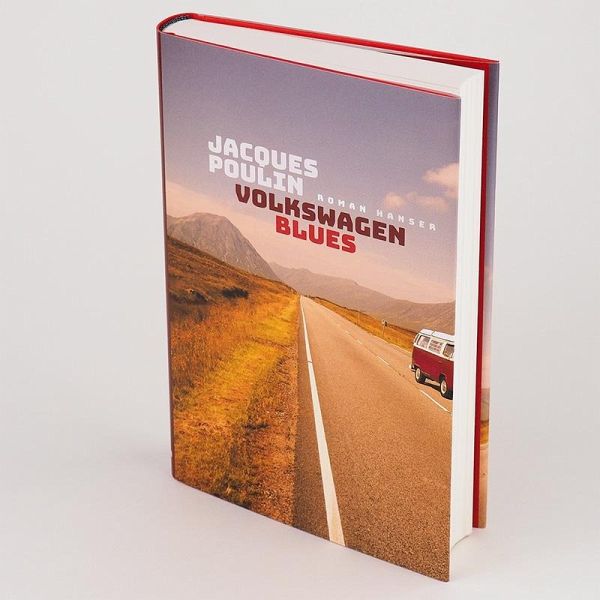

With postmodernism at its peak in Canada, the tools of the postmodern movement and its attempt to break down master narratives were the cornerstone of the political and artistic ideologies of the time, and it is, therefore, no surprise that Poulin chose to address Quebec’s ambiguous position within the nation in the terms posited by the movement. Profoundly influenced by the period in which it was written - four years after the 1980 referendum that determined Quebec’s continued presence within Canada - the novel explores the possibility of a movement away from a “pure-laine,” homogeneous, French-Canadian Quebec toward a nation characterized by hybridity in its attempts to deal with its ever-increasing immigrant population. Harel sees this as an escapist search for the absolute that ultimately reconfirms the new reality of the hybrid nature of Quebec (165). Their quest involves a nostalgic search for traces of the colonial French presence in North America, but it reveals nothing concrete. Simon Harel’s article “L’Amérique ossuaire” examines the pair’s search for answers and for direction, revealing their disillusionment with an America that is empty and founded on violence. Both the narrator and Pitsémine personify an uneasy and changing Quebec, and their search for Théo leads them to retrace historical migrations that parallel their quest for roots in the American landscape.

On the road, he picks up Pitsémine, nicknamed la Grande Sauterelle, who turns out to be half Québécois and half Innu and suffering from an identity crisis related to her mixed ancestry she accompanies him on his odyssey from Gaspé to San Francisco via the Oregon Trail. The novel tells the story of a writer, Jack Waterman (a reference to Jack Kerouac and to Poulin himself), who takes to the road in an effort to find his wandering brother Théo and to overcome his writer’s block. Poulin later won the prestigious Prix Athanase-David for his contribution to Quebec literature, and Volkswagen Blues, further described by Devoir columnist François Hébert as “Un grand, un très beau livre,” continues to hold a prominent position not only in Québécois but also in Canadian literary histories.

The novel, dubbed “roman culte” by Le Soleil and “one of the best novels of the 1980s” by Le Devoir, was written in 1984 and translated into English by Sheila Fishman in 1988, after winning the Prix Québec-Belgique.

The year 2009 marks the twenty-fifth anniversary of the publication of Governor General’s Award-winner Jacques Poulin’s popular novel Volkswagen Blues.


 0 kommentar(er)
0 kommentar(er)
